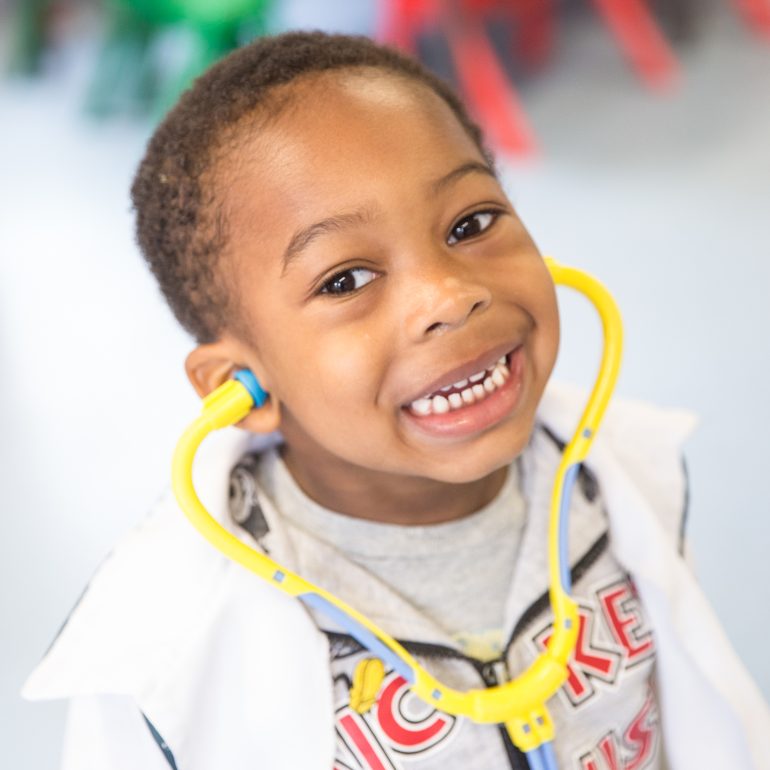We are recruiting for Level 3 qualified Early Years Educators! Find out more here
Safety at Home

Share article:
Every year thousands of children are taken to hospital after accidents and many of these happen at home – the most serious in the kitchen and on the stairs. Therefore, our homes can be extremely dangerous places, from baths filled with hot water to furniture at risk of being pulled over by little hands. However, with some planning and thought parents shouldn’t worry. Taking a careful look at your environment and ensuring that safety is always top of your list will help prevent a potentially fatal accident.
We have devised a list of measures you can adopt at home to reduce potential harm to little ones picking out the most common cause of accident:
Fire Safety:
- Fit a smoke alarm and test it regularly
- Plan and practice an escape route and make a bedtime check
- Don’t leave children on their own in a room where there’s a fire risk
Choking / Strangulation:
- Watch out for coins, these are the most common cause of choking and also small toy parts
- There are some foods that should be avoided which include, hot dogs, burgers, raw vegetables, fruit with skins, fish bones and boiled sweets
Slips, Trips and Falls:
- Make sure you use stair gates. Although some fatalities happen from falling out of windows and balconies a number still occur by falling down stairs
- Try to avoid having furniture close to a window that can be climbed on
- Watch out for uneven or wet surfaces
- When your child is in a pram or a highchair stay close by to ensure they don’t try and climb out
- Use bed guards to reduce the risk of falling out of bed
Poisoning:
- Safe storage can save lives, keep poisonous liquids out of sight and reach
- Keep them in their child-resistant containers, in cupboards with child resistant catches
Electrical Safety:
- Keep portable mains-operated appliances out of the bathroom
- Have electric blankets serviced and checked regularly
As well as ensuring your home is safe, it is also imperative to educate your child, teach them to carry objects carefully and never run with anything in their mouth.
These simple tips could not only reduce accidents but could also save lives.

